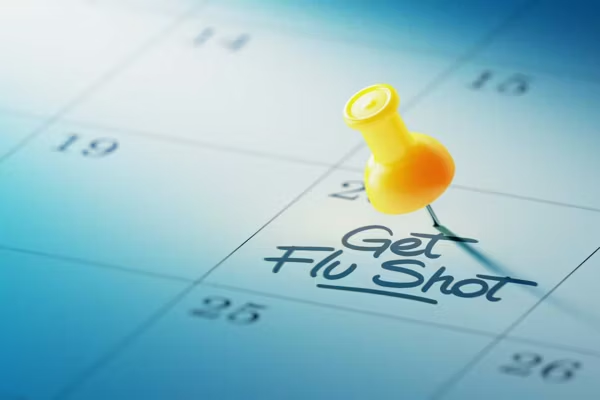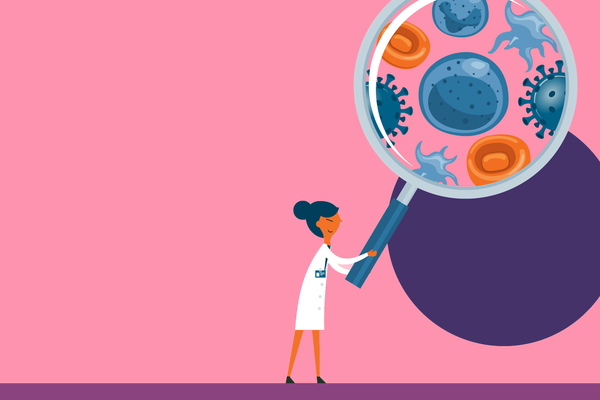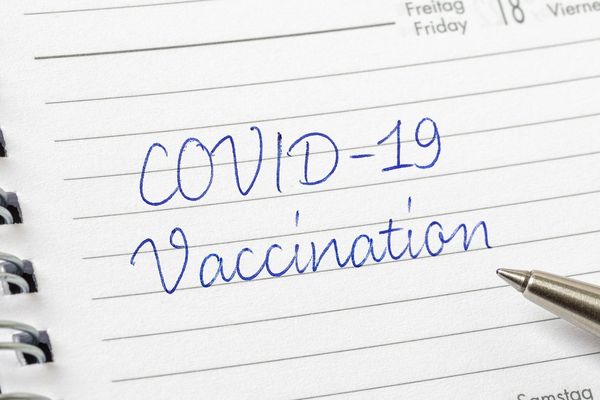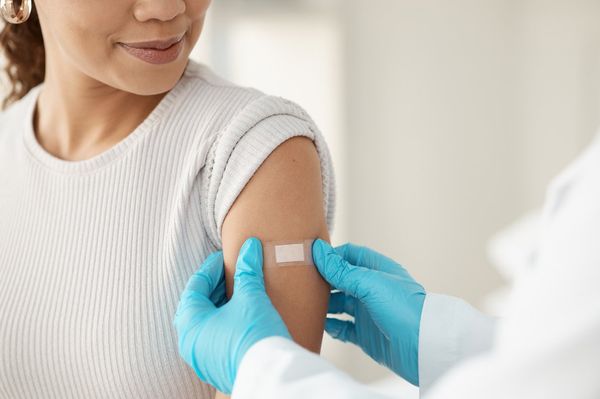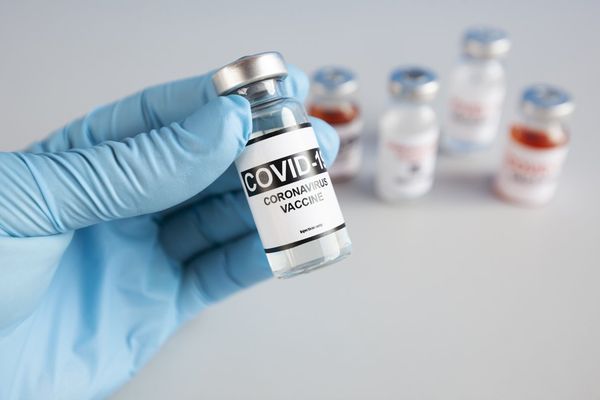The coronavirus story has been frightening, as the incidence and subsequent risk grows each day. It's been designated by the World Health Organization as a "Public Health Emergency of International Concern."
No longer confined to Wuhan City, Hubei Province, China, where it originated several months ago, this new disease has been detected in nearly 60 countries, including the U.S. First, it showed up in Washington State (where two people had died, as of Monday), then in California, Florida, Oregon, Rhode Island and most recently in New York City. It has sickened nearly 90,000 people and killed over 3,000 people, according to the New York Times.
This virus is not the same as typical coronaviruses, a large family of viruses that commonly circulate and cause mild illness similar to the common cold and are transmitted between animals and people (known as "zoonotic"). This type of coronavirus—specifically, severe acute respiratory syndrome coronavirus 2 (or SARS-CoV-2)—likely originated in an animal and was linked to a live animal market, then spread to humans.
There's no vaccine for this coronavirus—yet. It's a virus that spreads pretty easily, which makes it even more worrisome.
But one thing we can do to stay safe is learn the facts:
Coronavirus causes a respiratory disease called COVID-19. These symptoms can include fever, coughing or sneezing and shortness of breath.
Most cases—about eight of 10—are mild. In more severe cases, the virus can lead to pneumonia, kidney failure or death.
More serious cases can cause serious lung damage.
The virus spreads mostly through close contact; droplets from an infected person can travel through the air when they cough or sneeze, where they can land (up to six feet away) in the mouths or noses of someone nearby and be breathed in. Like the flu, the coronavirus spreads through the airborne route—but unlike the flu, the tiny droplets may remain in the air even after the infected person is no longer close by.
The virus can also spread through hand-to-hand contact, when a person touches an object containing the virus and then touches their nose, mouth or eyes.
The virus is capable of spreading even before someone exhibits symptoms.
During the early phase of the outbreak, China reported a fatality rate of 1.4 percent. This is far below the mortality rate of the viruses SARS or MERS, but higher than the rate of the seasonal flu.
It's not yet known if the spread of the virus will be stopped once the weather becomes warmer.
The best way to protect yourself is to avoid close contact with people who are sick, avoid touching your eyes, nose and mouth, remain at home when you are sick, sneeze or cough into a tissue (which you should quickly discard) or the crook of your arm, clean and disinfect frequently touched surfaces and objects (like doorknobs, counters, toilets, phones, keyboards, etc.) with household cleaning spray or wipes. Thoroughly cook your eggs and meat, suggests the World Health Organization.
Also crucial: Wash your hands well and often. That means soap and water for at least 20 seconds (long enough to sing the "happy birthday" song twice). Wash before you eat, after using the bathroom and after coughing, sneezing or blowing your nose. If soap and water are not available, use a hand sanitizer containing at least 60 percent alcohol.
A facemask will not protect you against the virus, as the particles are small enough to penetrate the mask and air can get in around the mask's edges (especially flat surgical masks). Instead, masks should be used by people who show symptoms of the disease to protect others from the spread. Professional masks are recommended for health workers and people taking care of someone in a close setting like at home or a health care facility. These masks, known as N95s, are different than thin surgical masks. They are thicker and fit more tightly around the mouth and nose, blocking out much smaller particles than thinner surgical masks do.
Not only should a person with coronavirus stay away from other people, but they should also stay away from their pets and other animals (until more information is known about the virus).
To prepare for a possible outbreak, it's advised to keep a 30-day supply of essential medicines, get a flu shot (also the pneumococcal vaccine for elderly loved ones), have essential household items on hand and have a support system for elderly family members. Registered dietitian Bonnie Taub-Dix suggests stocking up on frozen fruits and vegetables and canned foods, like beans. Almond butter and peanut butter can remain in your pantry for about three months, and then refrigerated for another three to four months. You may also want to consider almond milk, which can stay in your pantry for a year and can be used in soups, stew, muffins and smoothies. "Be sure to keep water available for proper hydration, and sports drinks like Gatorade or Pedialyte just in case you're sick," she adds.
Work is being done to develop a vaccine, but it will take at least a year.


